Research AI Tools
Find the AI Tool or AI Product you're looking for among 146 results from the category - Research AI Tools.
Recently added AI tools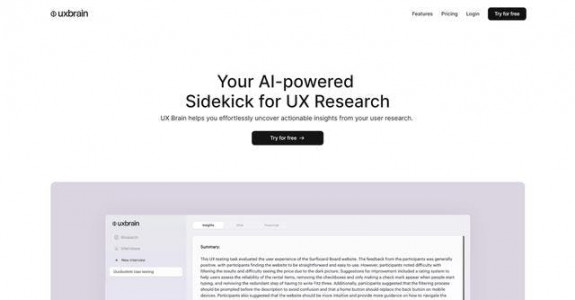 $ 29/mo
$ 29/mo
UX Brain
Your AI-powered Sidekick for UX Research...
 Free
Free
Upsidedown
Enhance reading comprehension of scientific articles....
 Free
Free
DeepCuts
Spotify data analysis through natural language text....
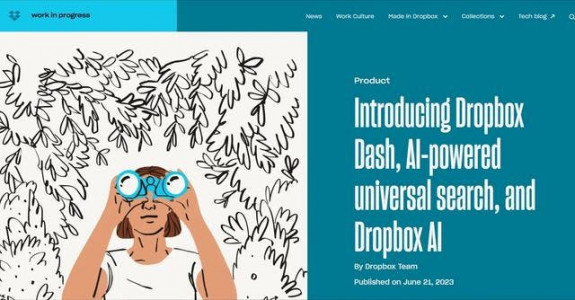 $ 11.99/mo
$ 11.99/mo
Dropbox AI
AI-powered universal search...
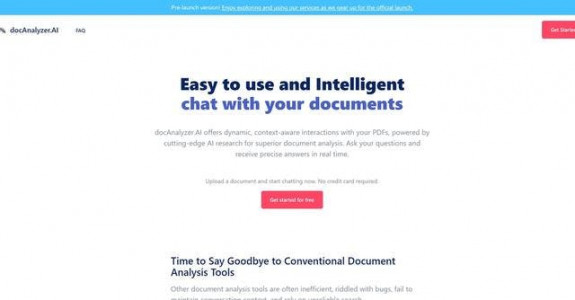 Free
Free
DocAnalyzer
Easy to use and Intelligent chat with your documents....
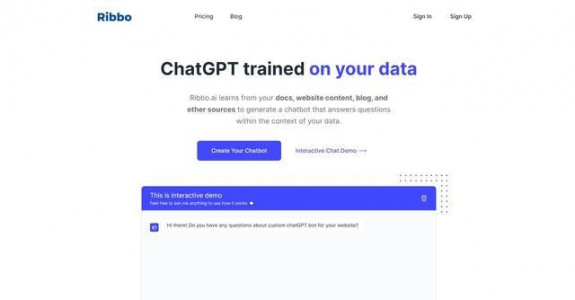 $ 20/mo
$ 20/mo
Ribbo
ChatGPT trained on your data...
 Free
Free
Ask Buffet Anything
Buffett-endorsed chatbot for investment advice....
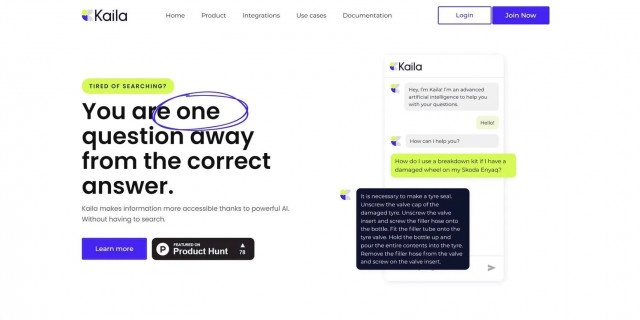 Free
Free
Kaila.ai
Automated chatbot that provides quick answers....
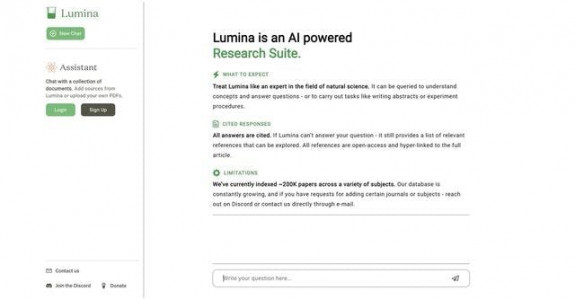 Free
Free
Lumina
Lumina is an AI powered Research Suite....
 $ 1.99
$ 1.99
Opinionate
Platform that generates logical arguments for debates....
 Free
Free
Tyles
Your knowledge organized magically...
 Free
Free
Parse
AI-Powered Data Exploration and Management Tool...
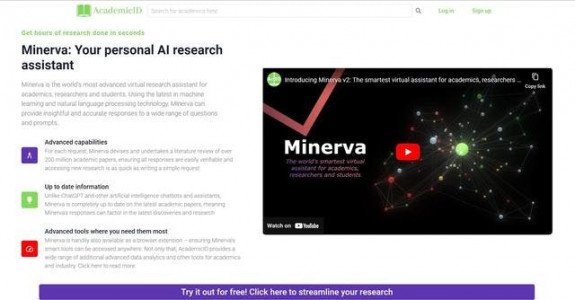 Free
Free
Minerva
Assisted academic research and studying....
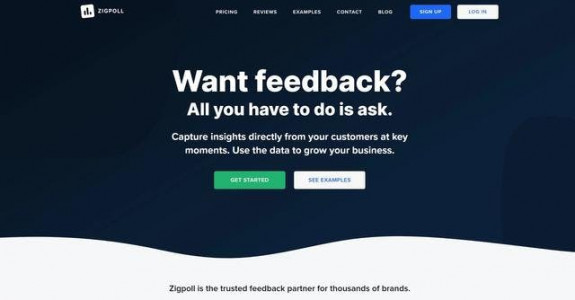 $ 10/mo
$ 10/mo
Zigpoll
Capture insights directly from your customers at key moments....
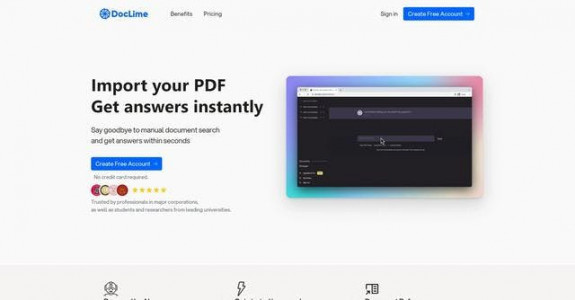 $ 30/mo
$ 30/mo
Doclime
Efficient PDF document analysis and question answering....
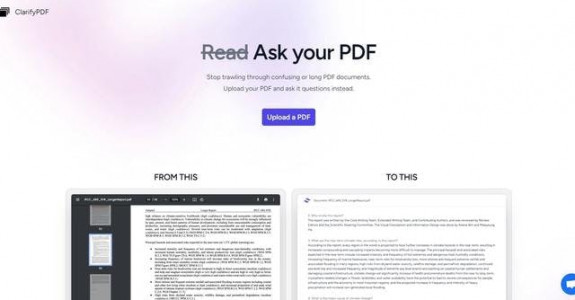 $ 1.99
$ 1.99
ClarifyPDF
ClarifyPDF is an innovative AI tool that enables users to ask questions directly from their PDF docu...
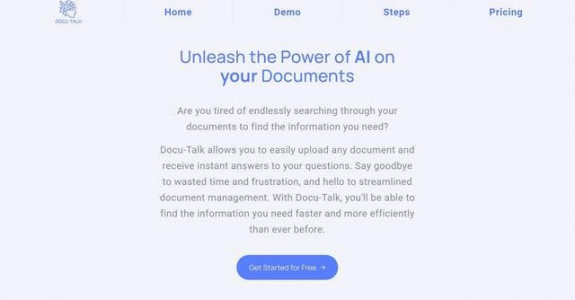 $ 9.99/mo
$ 9.99/mo
Docu-Talk
Efficient document management with quick info retrieval....
 Free
Free
Troller
Retrieve and validate uploaded document data....
 Free
Free
GPT Stick
You don't need to copy anything to GPT to ask anymore....
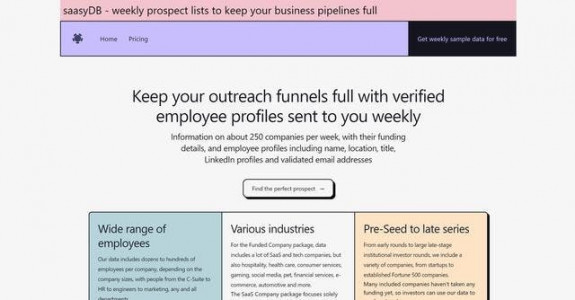 $ 99/mo
$ 99/mo
SaasyDB
Get fresh data on recently funded and SaaS companies with our weekly subscription, including email a...
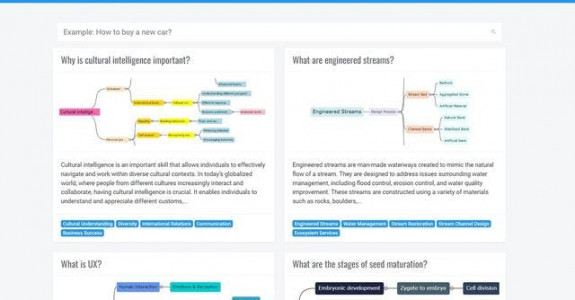 Free
Free
CoolMindMaps
Mind map creation and search....
 Free
Free
Findsight AI
Compare non-fiction ideas from multiple sources....
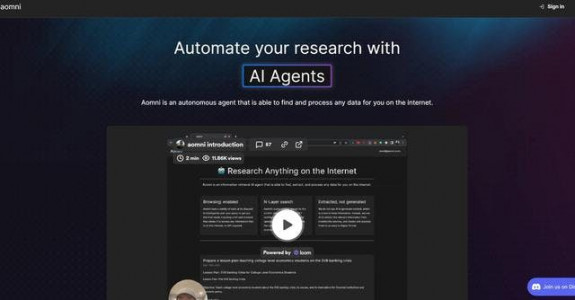 Free
Free
Aomni
Web-based retrieval and processing of intelligent info....
Learn more about Research AI Tools
Research AI systems enable researchers to evaluate massive volumes of data. These tools can organize, analyze, and display data. This helps researchers find hidden patterns and trends, revealing new findings. Research AI technologies enable algorithm and model development and testing. These technologies allow academics to solve issues in novel ways by manipulating data or using machine learning techniques. Research AI techniques also automate repetitive operations. This lets researchers concentrate on creative and new work, improving research results. Automating data collecting, cleaning, and analysis saves time and resources, making research more efficient. Google's open-source platform TensorFlow builds and trains machine learning models. AI researchers use TensorFlow because it has tools and frameworks for developing complicated algorithms and models. Microsoft Cognitive Toolkit is a deep learning algorithm framework. This tool lets researchers build and test complicated AI models for natural language processing, picture and audio recognition, and other applications. Research AI tools have drawbacks. Specialized knowledge and skills are major obstacles. Several researchers lack programming, statistics, and data analysis skills for many research AI technologies. Data quality is another issue. Research AI tools, like experimentation AI tools, are only as good as their data. Researchers must assure data accuracy, completeness, and bias-freeness. In conclusion, research AI tools enable researchers to examine massive volumes of data, build and test new algorithms and models, and automate repetitive operations. These technologies need specialized expertise and high-quality data, so users must be aware of these difficulties. Researchers may enhance efficiency and efficacy by properly choosing and applying research AI tools.
